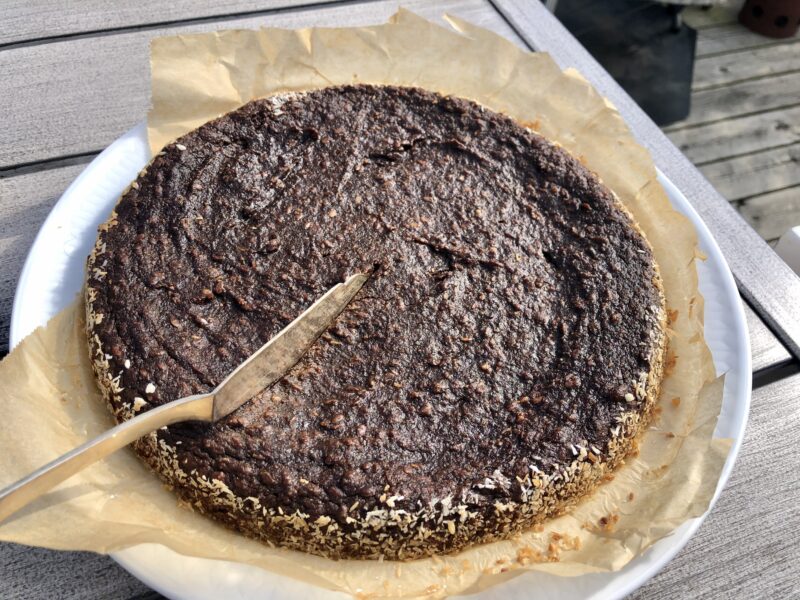
Finns flera tidigare recept på chokladkaka, inklusive kladdkaka (använd sökrutan, tex https://4health.se/?s=chokladkaka och https://4health.se/?s=kladdkaka), men den här blir väldigt saftig och smakrik, är enkel att göra, och chokladen tar inte över helt, utan man känner övriga smaker på ett fint sätt.
Ett recept från min bästa receptvän Monica ❤️
Du behöver:
- 3 morötter 🥕 (eller 2 stora)
- 3 ägg
- 1 dl linfrön
- 1,75 dl mandelmjöl
- 3 msk kakao (upp till 1 dl om du önskar mer chokladsmak)
- 0,5 tsk salt
- 1 tsk vaniljpulver
- 12 dadlar
- ev lite kokosolja och kokosflingor till formen
Lägg alla ingredienser i matberedare/mixer och mixa ihop. Har du inte en riktigt bra mixer kan det vara bra att finriva morötterna innan
Smörj en form med kokosolja och ”bröa” med kokosflingor
Grädda ca 20 minuter vid 200 grader (ev lite lägre vid varmluft)

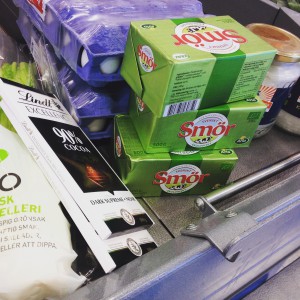

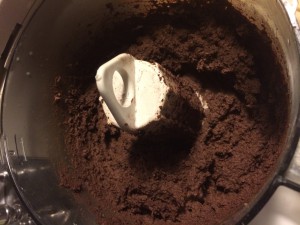 1-2 msk honung eller valfri sötning (jag gör nötsmöret själv och tillsätter lite steviablad i det istället)
1-2 msk honung eller valfri sötning (jag gör nötsmöret själv och tillsätter lite steviablad i det istället)


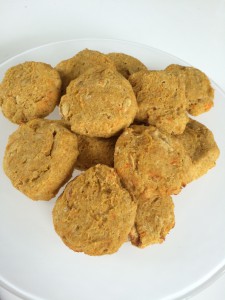
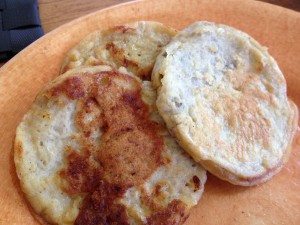


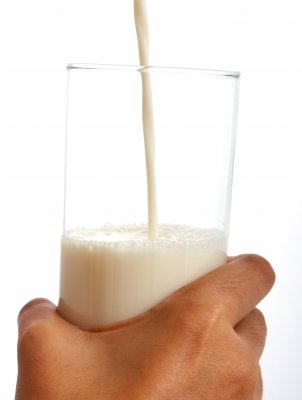

Senaste kommentarer